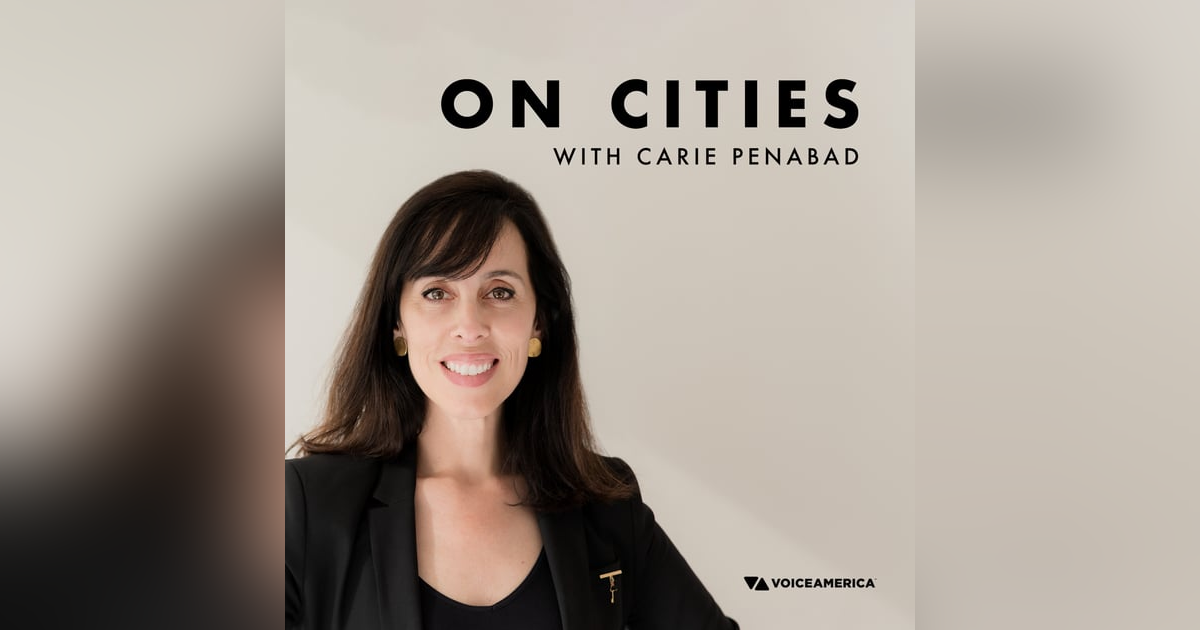New Urban Responses to Climate Change

How will our cities respond to the rising threats of climate change? Internationally recognized urban designer and co-founder of the New Urbanism movement, Elizabeth Plater-Zyberk discusses the two main categories of climate response and the ways they can be implemented to meet the urban and environmental challenges of sea-level rise. Plater-Zyberk will highlight how New Urban principles focus on the design of the built environment to influence changes in behavior that can inspire people to consume less and live more lightly on the land. Tune in to this episode of ON CITIES to learn how to design and adapt our current cities to create a more, sustainable, equitable and resilient future for all.
Elizabeth Plater-Zyberk, FAIA, LEED AP, is the Malcolm Matheson Distinguished Professor of Architecture and Director of the Master of Urban Design Program at the University of Miami School of Architecture. She served as the dean of the school from 1995-2013; and currently teaches courses on urban design and built environment adaptation to climate change. Plater-Zyberk is recognized as a leader of the movement called the New Urbanism, promoting walkable, resilient, compact, urban design. A co-founder of the Congress for the New Urbanism in 1992, her teaching, research and professional practice has ranged across new community design, community rebuilding, regional plans and zoning codes, most notably the Miami 21 form based code. Plater-Zyberk’s publications include refereed journal articles and book chapters. She is also the co-author of Suburban Nation: the Rise of Sprawl and the Decline of the American Dream (over 85,000 sold), and The New Civic Art: Elements of Town Planning. Her work, with Andres Duany and DPZ Co Design, has received numerous national and international awards and recognitions including honorary degrees, Architectural Record’s first Women in Architecture Award, and the Richard H. Driehaus Prize for Classical Architecture. She has served on numerous review and editorial panels, including the U.S. Commission of Fine Arts.